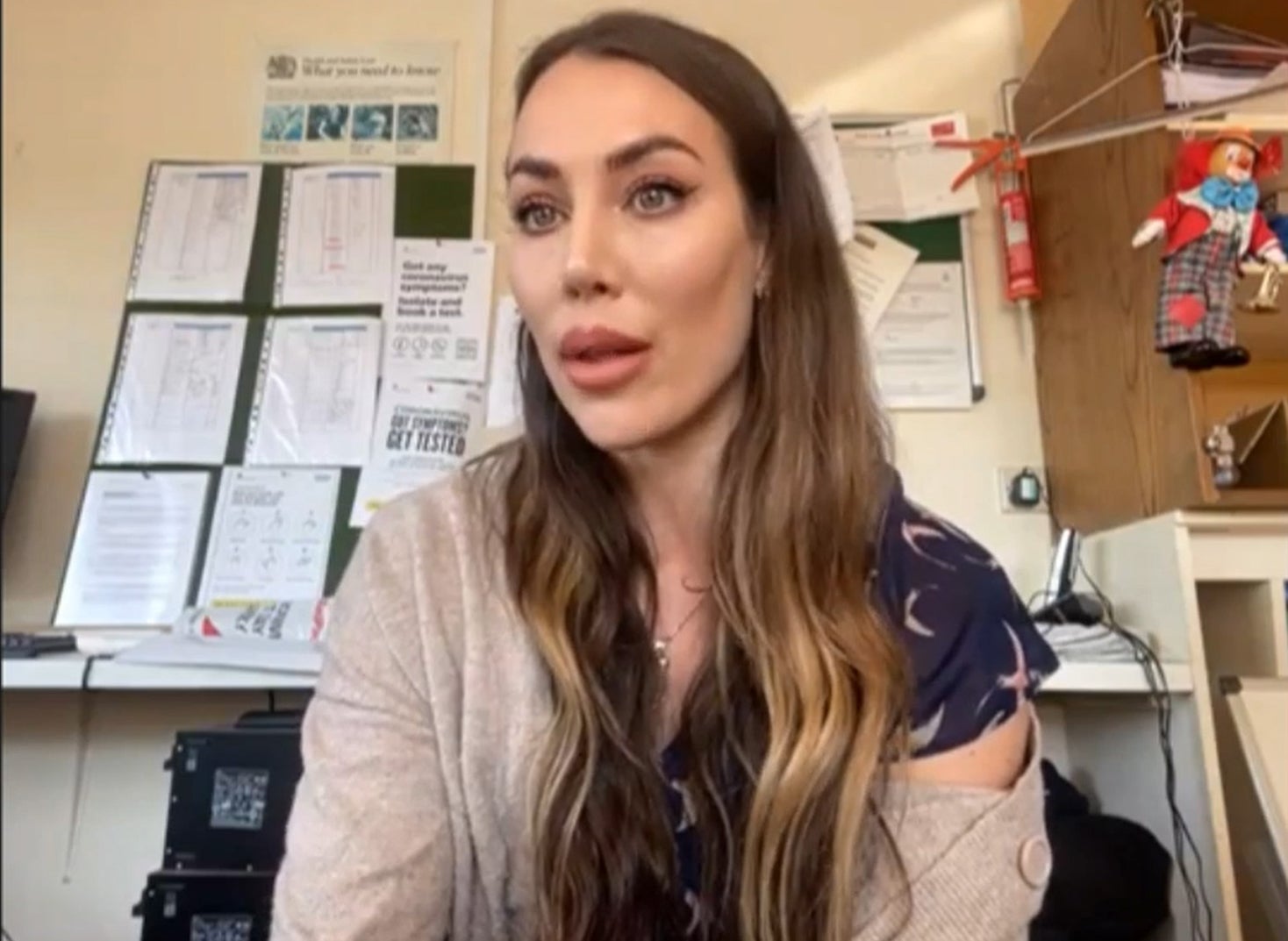Call for MPs to act on social media image filter labelling
Kim Booker told the Health and Social Care Committee people want “instant gratification” and can get cosmetic procedures almost instantly.

Your support helps us to tell the story
From reproductive rights to climate change to Big Tech, The Independent is on the ground when the story is developing. Whether it's investigating the financials of Elon Musk's pro-Trump PAC or producing our latest documentary, 'The A Word', which shines a light on the American women fighting for reproductive rights, we know how important it is to parse out the facts from the messaging.
At such a critical moment in US history, we need reporters on the ground. Your donation allows us to keep sending journalists to speak to both sides of the story.
The Independent is trusted by Americans across the entire political spectrum. And unlike many other quality news outlets, we choose not to lock Americans out of our reporting and analysis with paywalls. We believe quality journalism should be available to everyone, paid for by those who can afford it.
Your support makes all the difference.Social media image filters should come with labels so viewers know the pictures are “not real”, MPs have heard.
Kim Booker, who lives with body dysmorphic disorder, described how using image altering apps left her “shocked” when she saw a picture of her natural face without the filters.
Speaking to MPs on the Health and Social Care Committee, Ms Booker said people want “instant gratification” and can get cosmetic procedures almost instantaneously.
Ms Booker, who is in her thirties and has been having cosmetic procedures since she was a teenager, told the committee that living with body dysmorphia led to her having “very strong compulsions to erase certain parts of myself or fix certain parts of myself”.
I feel like it should be made very, very transparent that people are using filters or that they've edited or Photoshopped their images
She said she supports increased regulation on social media, as well as tighter controls on the cosmetic industry.
Ms Booker told MPs: “I’ve always had issues with my body image for as long as I can remember really, about the age of five – it would be as minute as I didn’t like the freckles on my knees, or the way that my toes were shaped.
“I grew up in an environment where it was very much the Disney ideal, it was the princess look, and as a child, being bombarded with those images, I felt that I need it to fit that template of the big eyes, small nose, the flowing hair, the tiny waist and that’s kind of grown with me through my teenage years into adulthood.”
She told MPs that she started getting cosmetic filler procedures at the age of 18 and it “just spiralled from there really – it started with the lips, and then it went on to Botox, and then it went on to cheek fillers”.
On social media she added: “I used to look through hair magazines, and I would pick out a hairstyle that I liked, I’d take it to my hair dresser and I would say ‘I want my hair like this’.
“Now, you go through Instagram and you take that picture in to people and say ‘I want my face to look like this’.”
Ms Booker added: “You can unfollow certain accounts, but you’re still going get targeted by advertising, you’re still seeing stories which are heavily filtered and you’ve got these editing apps that are everywhere.”
Asked about her thoughts on more regulation for the industry, she said: “I wish I’d had better consultation, I wish there was better understanding of mental health and body dysmorphia and a follow-up appointment.
“You can walk into these these places and it’s like a conveyor belt – you have 10/15 minutes for a procedure that really from start to finish should take at least an hour.
“I think we’re in a world where we want instant gratification, where everything is expected immediately, and we need we need time to think it through.
“If I wanted to (I could) book an appointment with an aesthetician this afternoon and go and have a treatment done and it shouldn’t be that way, especially for people who have compulsive disorders like I do.”
On image altering filters she added: “I got to the point where I was putting filters on my face and it completely altered the way I looked. And when that video flipped off into my natural face I got like a bit of a shock.
“I hated what I saw because you’re getting used to this filtered version of yourself.
“So I feel like it should be made very, very transparent that people are using filters or that they’ve edited or Photoshopped their images.
“There needs to be a lot more in place on social media to protect us against these images that aren’t real.”